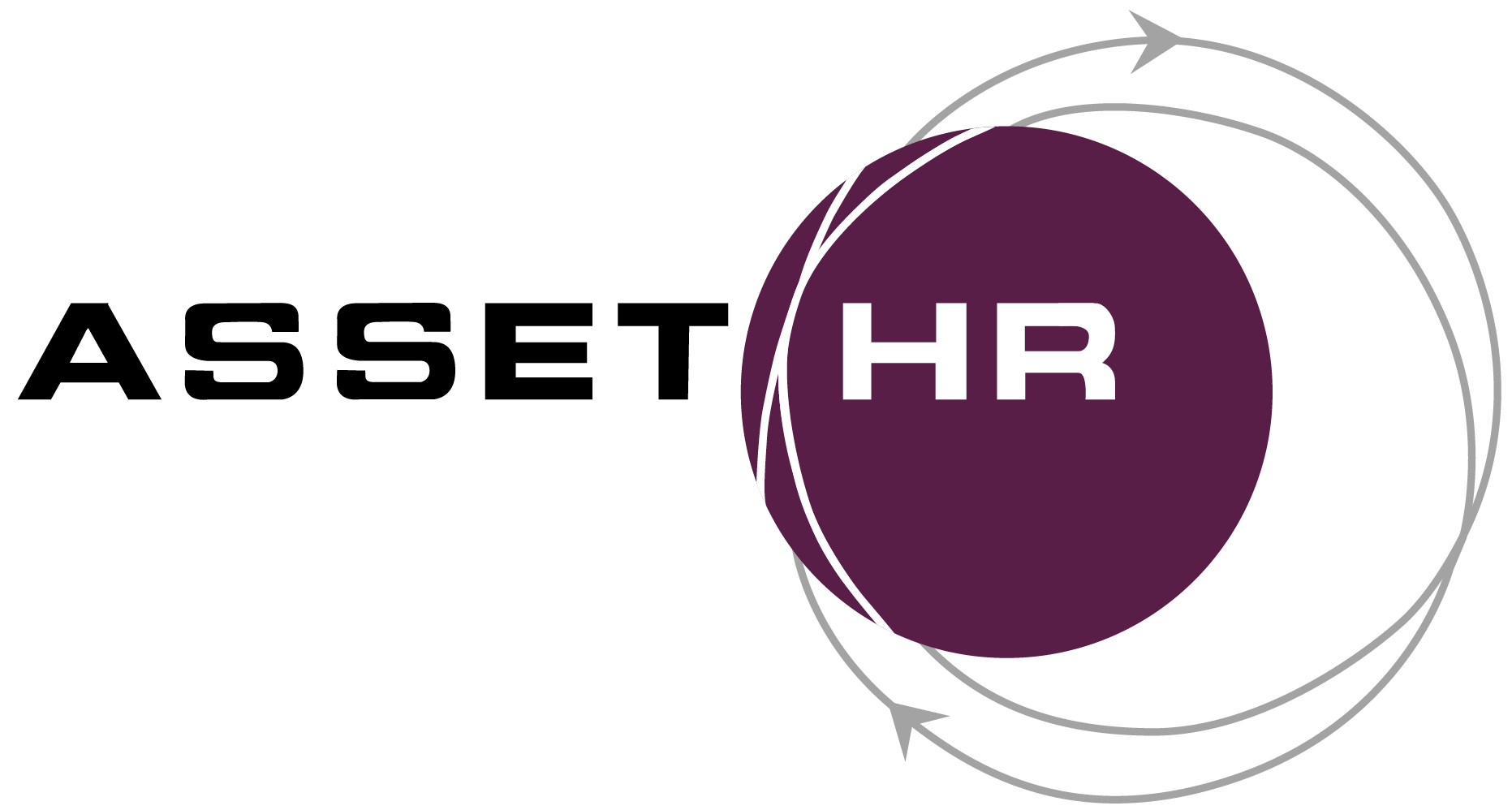Leveraging Emotional Intelligence for HR Success

During the daily chaos of managing an organization’s human resources responsibilities, HR personnel encounter a wide range of emotions, including relief, joy, indifference, and at times, frustration or sadness. This is not to mention the internal stress and sentiments that HR employees themselves experience on any given day.
Navigating this quagmire of feelings requires high emotional intelligence (EI). Generally speaking, EI is the ability to perceive and manage both your own emotions as well as those of others.
If you want your HR team to become a pillar of organizational success, it’s vital to integrate EI into your employee and leadership development strategies. Explore the role of this important skill in human resources and learn how you can nurture it through leadership development.
The Role of EI in HR
Your human resources team plays a foundational part in several key business processes, including hiring, conflict resolution, employee engagement, and driving organizational change. Here’s how EI contributes to and supports HR in carrying out these responsibilities.
Recruiting
Before HR staff can understand the emotions and intentions of others, they must first have a good grasp of their own feelings and sentiments. Emotionally intelligent personnel will be more capable of vetting candidates and identifying those who are a good fit for your business.
Maximizing Engagement
Driving strong engagement requires making meaningful connections. Emotionally intelligent team members will be able to forge genuine, powerful connections with employees.
Resolving Conflict
No matter what field you operate within or how great your workforce chemistry is, there are bound to be occasional conflicts between staff members. Inevitably, some of these conflicts will be brought before the HR team for resolution. If you have an emotionally intelligent staff, they will be able to determine the root cause and facilitate a solution.
Driving Change
Whether your human resources staff is putting together a leadership development seminar or overseeing the rollout of new software, it’s important that they understand how others feel about these changes. Emotional intelligence helps them process and appropriately respond to employee and supervisor sentiments.
Developing Emotional Intelligence in HR Teams
There are numerous ways to cultivate better EI across your human resources team. One approach involves targeting training and workshops. Whether you are offering a training session for line-level HR staff or planning an advanced leadership development course, make sure to include emotional intelligence as a foundational component.
Additionally, real-world scenarios and role-playing should be used to test concept retention and give staff a chance to use the skills they’ve learned. If possible, bring in a third-party leadership development firm that offers support and outside role-players. Bringing in a fresh face to play the disgruntled employee can make the training feel more real.
For example, AssetHR’s partner, Relevant Movement, offers bespoke leadership development training and support. These courses are tailored to align with the unique needs of your business and are designed to teach valuable soft skills, including emotional intelligence.
The Future of EI in HR
In a world of automation and hyper-focus on productivity, emotional intelligence has become even more important. Think of it this way — many workers spend most of their day interacting with software and machines. They may have little human interaction for hours at a time. An emotionally intelligent and self-aware human resources staff can explore ways to engage with these employees and make them feel like part of the team.
While widespread technology adoption can create new challenges for HR staff, artificial intelligence may be a part of the solution. With AI, your team can carefully analyze staff behavior and detect trends like disengagement before they lead to attrition. Regardless of what the future holds for human resources, there’s no denying that EI will be a foundational part of it.
Cultivating an Emotionally Intelligent Human Resources Team
If you’d like to learn more about how to use EI in the HR department and throughout your organization, connect with AssetHR. We provide practical solutions that empower your human resources team to be more effective and dynamic. Additionally, make sure to explore the leadership development services offered by our partners at Relevant Movement.
Posts that the posts are not intended to provide legal advice and that readers should consult with their attorneys on any matter covered in the article.

